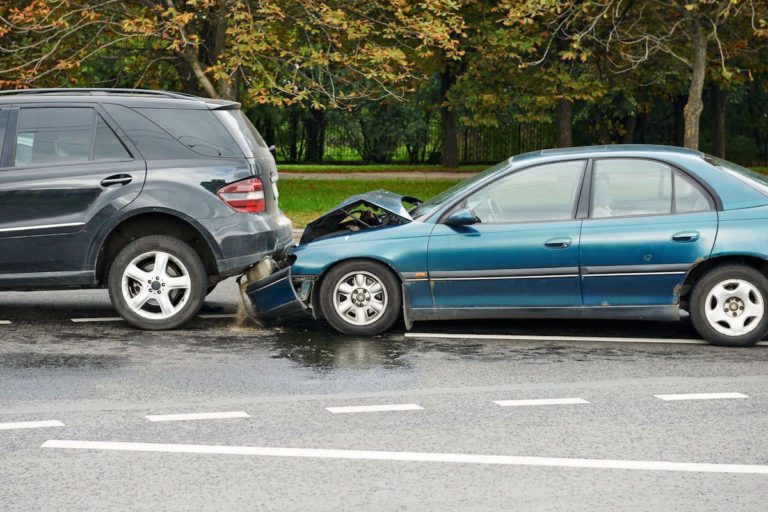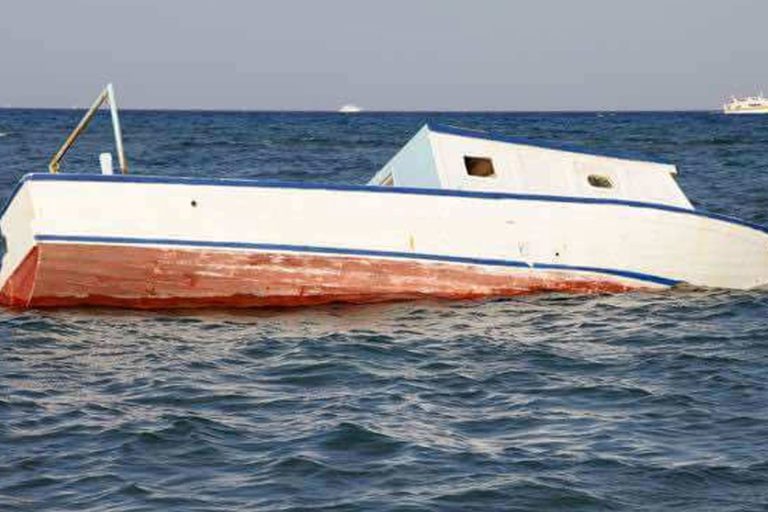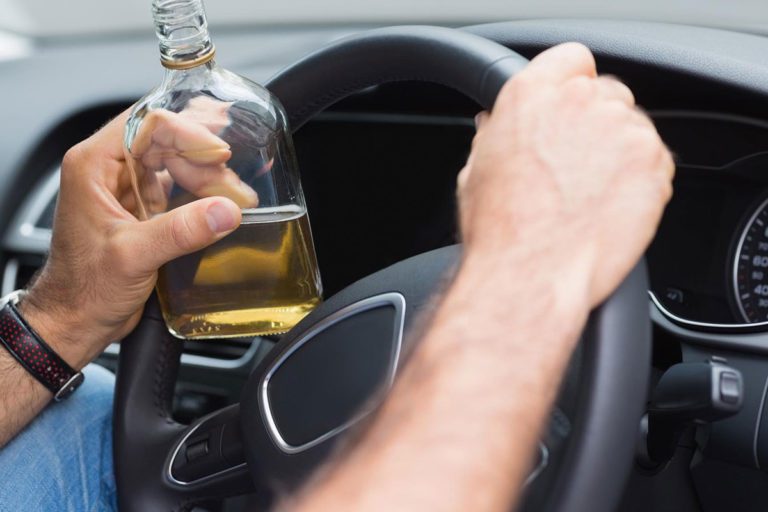The Impact of a Head Injury After an Auto Accident
Head injuries are one of the most common types of injuries following an auto accident. These types of injuries significantly impact the individual’s physical, cognitive, and emotional well-being. The severity and long-term consequences of these types of injuries can vary depending on several factors. These include the force of the impact, the use of safety…








